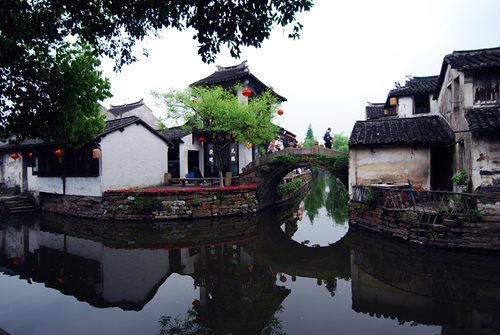Summary and outlook for Light, Energy and the Environment Congress
Baohua Jia
As a researcher working in the photonics field, I found this Congress was extremely useful. I attended many solar energy related conferences before and I had been always struggling to understand the technique jargons in solar cell research. And I wouldn’t bother to record so many details on thin-film deposition, which are highly equipment dependent. This time I am very glad to find that the two communities, namely the solar cell and the photonics people started to talk the same language. To my mind, having the right language of communication can lead to the identification of the challenges, which has already pushed more than halfway through towards solving the problem.
Also during this conference I found lots of conventional optical instrument, for example the confocal optical microscope and near-field optical microscope has been innovatively used to characterise the light-solar cell interaction and obtain unique and localised information. This is a really positive indication that the researchers in both fields are joining their efforts to solve the problem from the very fundamental point of view. To this end, I am very optimistic about the energy future.
Welcome you in Suzhou, China, next year!
The next Congress will be held in Suzhou in Nov. 2-6, 2015. It will be hosted by the Functional Nano & Soft Materials Laboratory (abbreviated as FUNSOM) of Soochow University, Suzhou, China. Suzhou is only 30 minutes away from Shanghai if you take the high-speed train.
FUNSOM is led by Academician Professor Shuit-Tong Lee and joined by his creative and energetic research team. It focuses on innovative research and technology development of functional nano & soft materials. This Lab conducts both fundamental and applied researches in an interdisciplinary way on molecular design and synthesis of the functional nano and soft materials, organic optoelectronic materials and devices, nano biosensing and detecting technology, as well as physics and characteristics of soft materials. Moreover, this Lab pushes forward the commercialization of nanotechnology and generation of new and high-tech economic growth opportunities.
The energy related research mainly focuses on:
- New generation photovoltaics including organic-inorganic solar cells, organic solar cells and two dimensional materials related devices, nanostructured silicon solar cells, perovskite solar cells
- Organic light emitting diode and large manufacture related equipment
- Water splitting, hydrogen generation and photocatalyst
The Congress General Chair and the local organisation committee at FUNSOM are looking forward to welcoming you next year in Suzhou, China!

Image: Photo of Suzhou (from http://tiffanywan.com)
